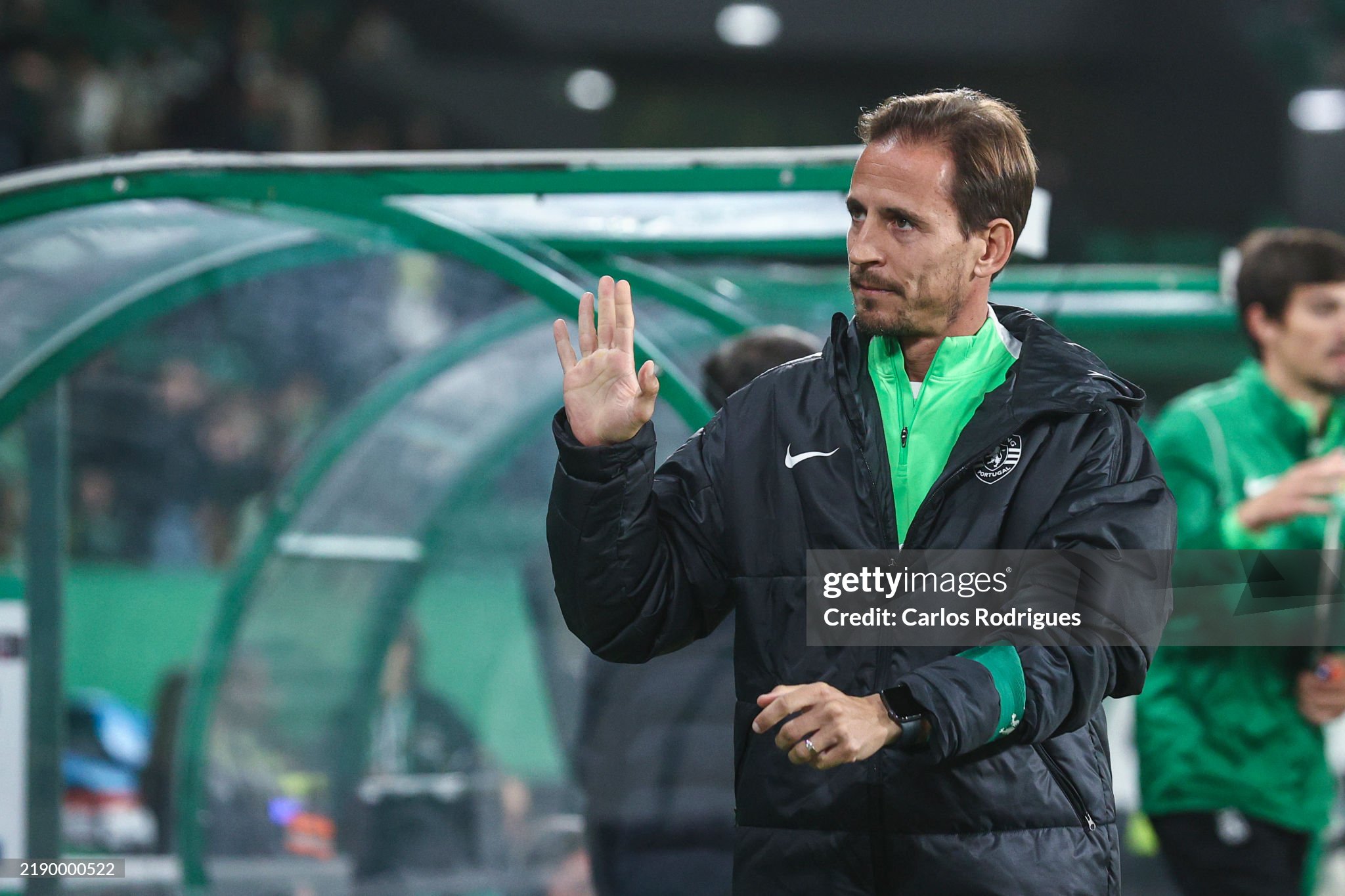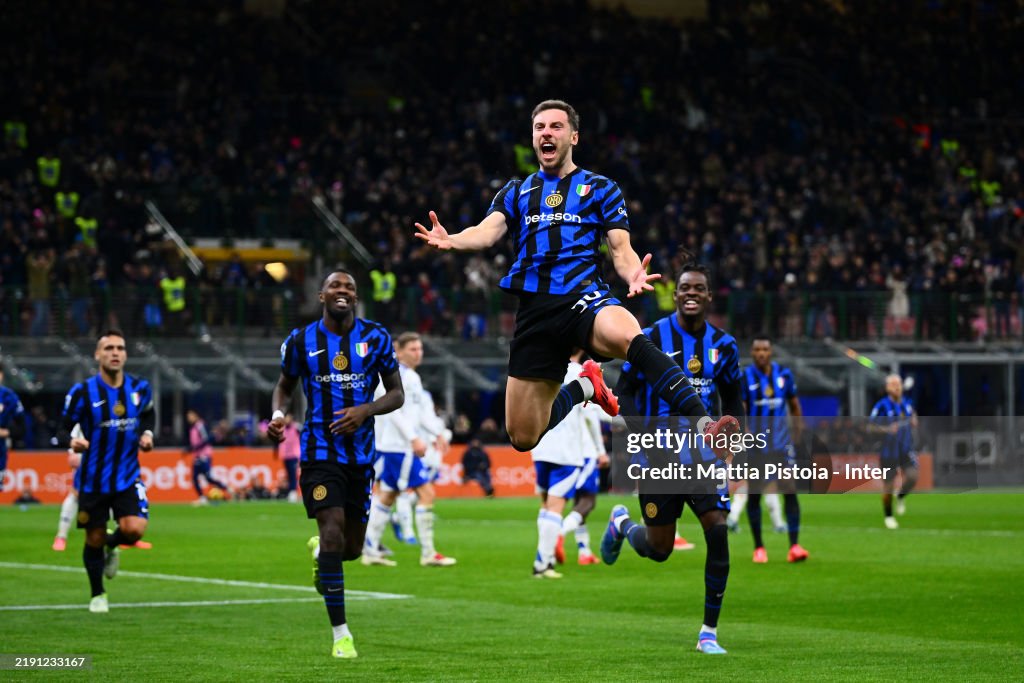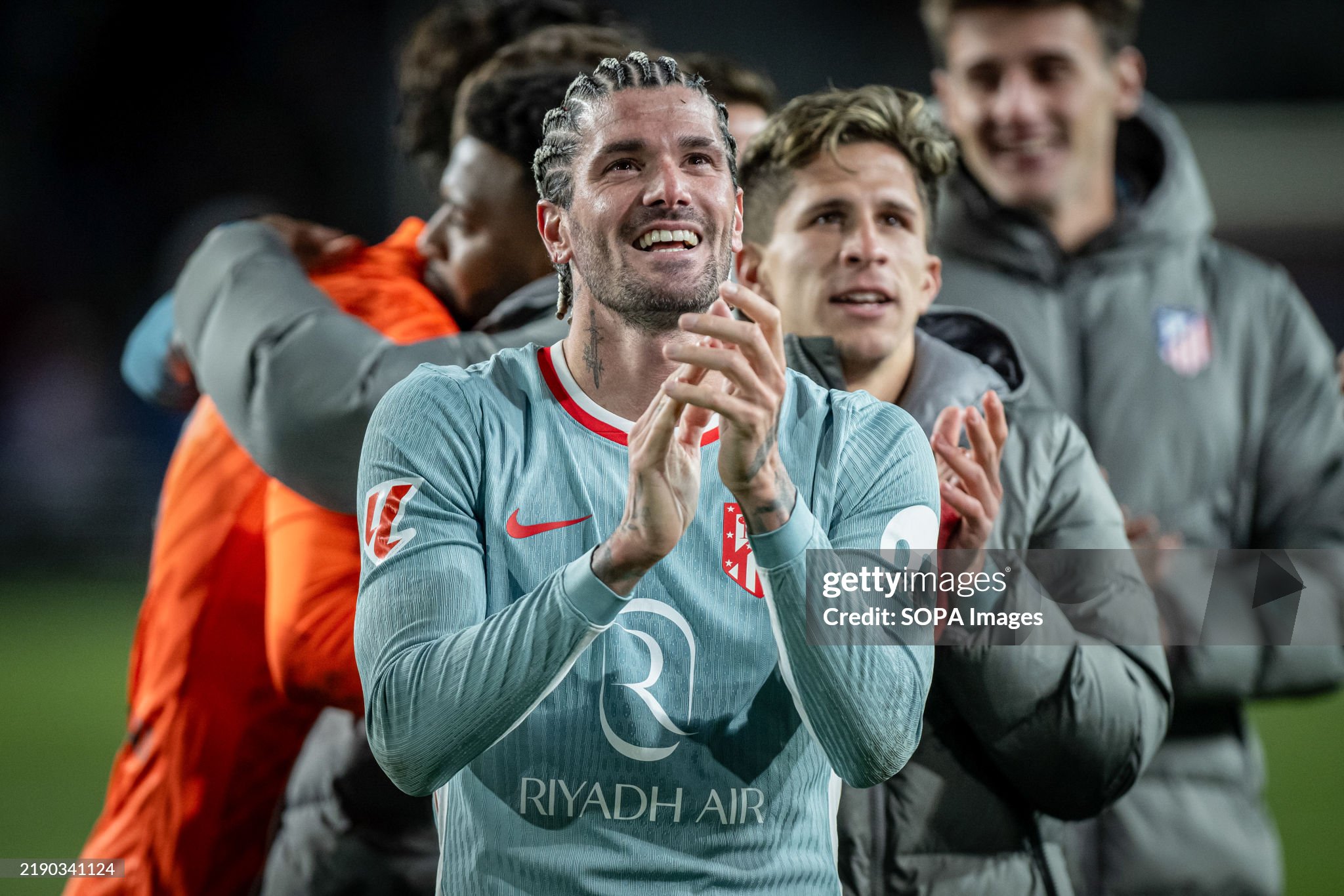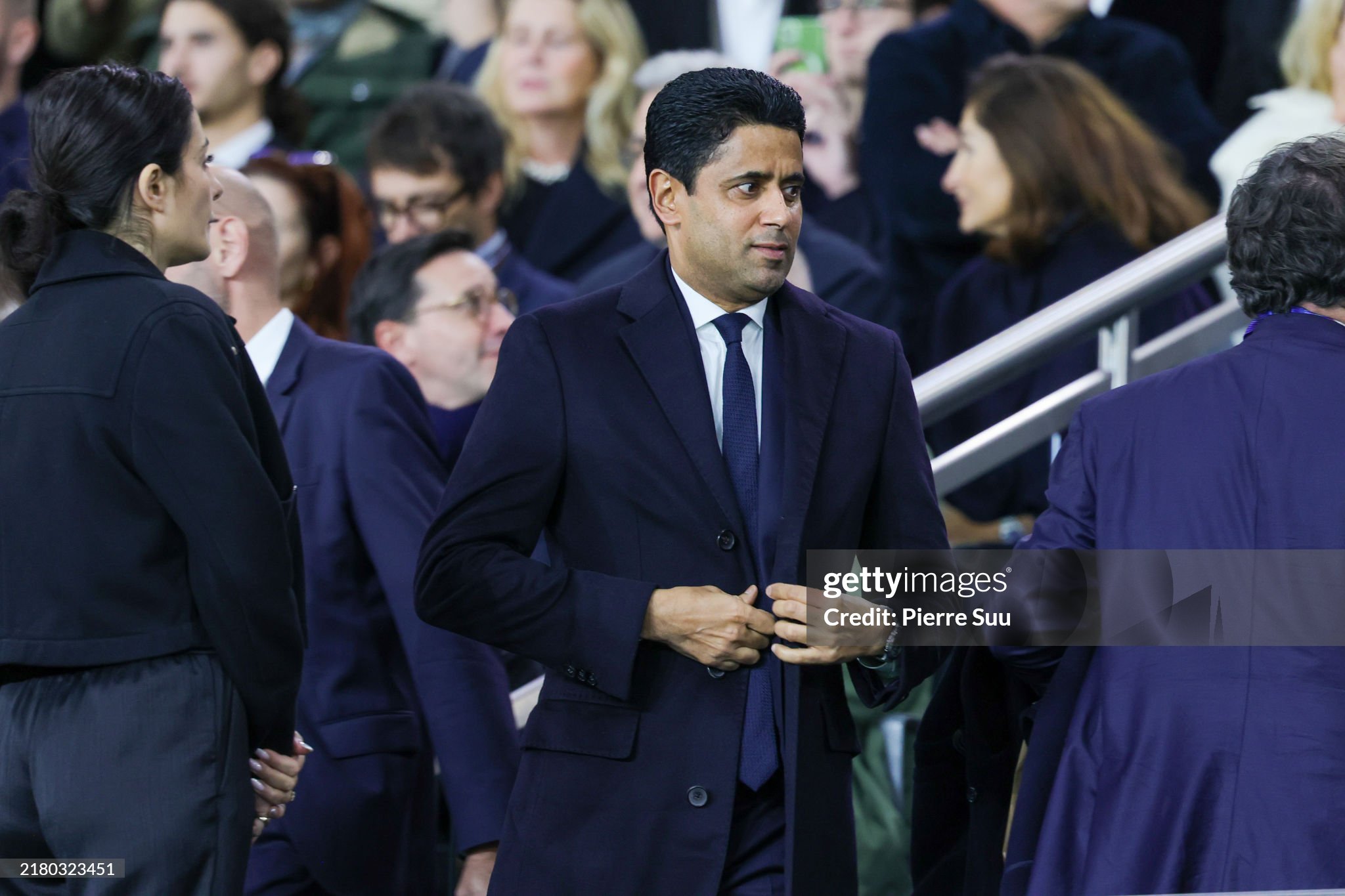Mario Götze will forever be the man who shot Germany to the world title in 2014. In extra time, he plunged Argentina into mourning by deciding the final with a brilliant volley. In hindsight, however, this set an unreachably high bar for him, the former PSV player now admits.
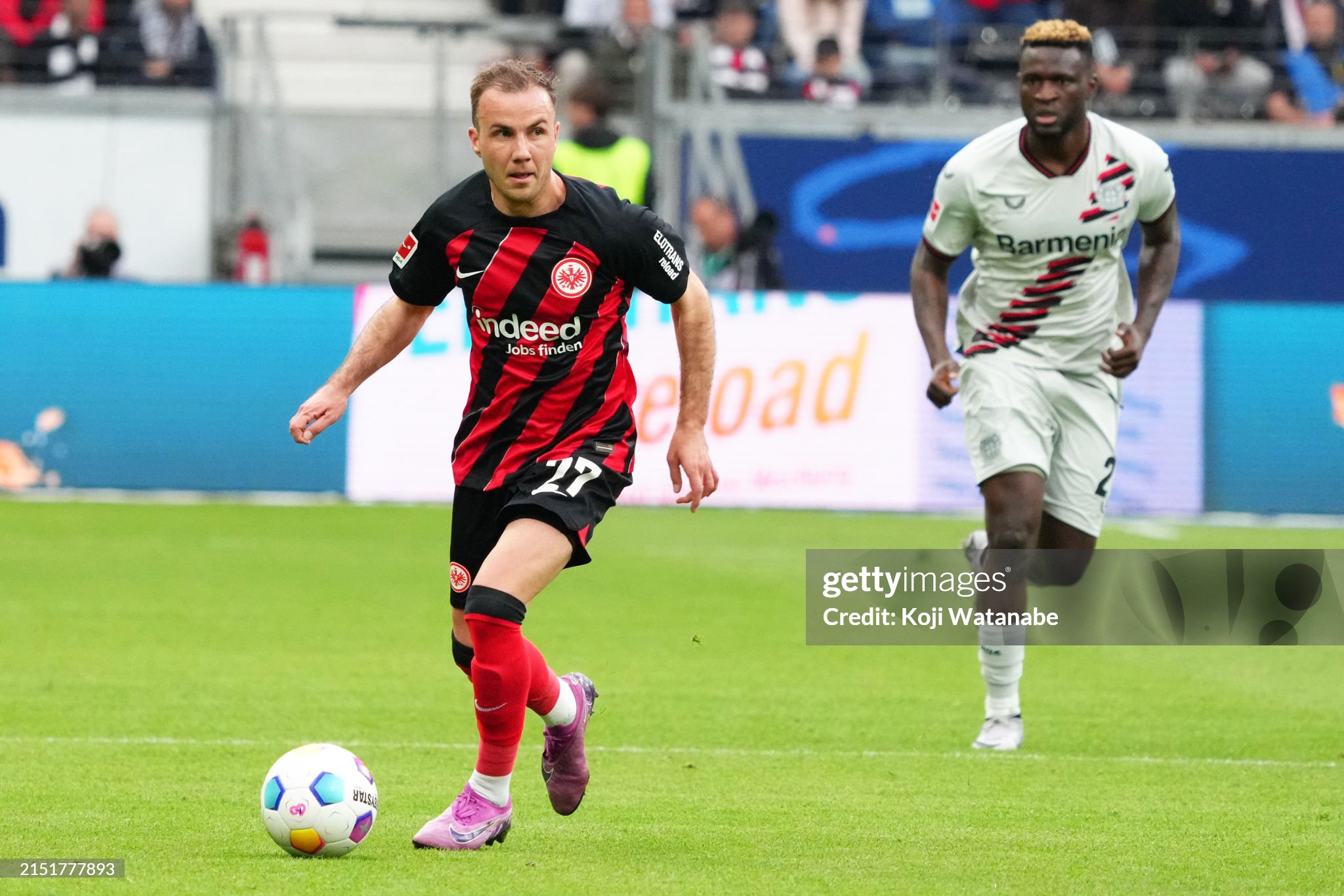 Embed from Getty Images
Embed from Getty Images
"In hindsight, if I could rewrite it, I would have scored that goal at the age of 35. I was 22 at the time," Götze told ZEITmagazin. "Then it would have been my last tournament, and I would have said: this is the pinnacle, I’m done now."
Götze's goal in the 2014 World Cup final against Argentina not only secured Germany's fourth World Cup title but also dramatically altered the trajectory of his career. "The bar was set too high because of that goal," Götze experienced in the years that followed. "Three weeks later, I was already back on the field with Bayern Munich against Preußen Münster in the DFB-Pokal. I still had to process it, and the contrasts were enormous."
The goal, scored in the 113th minute of the final, is etched in football history as one of the greatest moments in World Cup lore. However, for Götze, it came with an immense pressure to continuously perform at the highest level. In his own country, the expectations became unrealistically high. Götze was seen as one of the greatest talents in the world and kept raising the bar for himself. "If I didn’t play once, it felt like the end of the world to me. In hindsight, I should have lowered my own standards. I wish I had allowed myself to rest and also accepted occasional down periods. Still, I am grateful for what I have been able to experience."
Following his heroic moment, Götze struggled with injuries and form, which impacted his ability to consistently meet the lofty expectations placed upon him. His move to Bayern Munich was initially seen as a step towards greater achievements, but the constant physical and mental strain took its toll. "The goal brought incredible joy and honor, but it also brought a shadow of pressure," Götze reflects.
Despite these challenges, Götze's career includes significant accomplishments. After leaving Bayern, he had a stint with Borussia Dortmund, where he initially rose to prominence, and later joined PSV Eindhoven. Throughout these transitions, Götze continued to show glimpses of his exceptional talent, but he also learned the importance of managing personal expectations and health.
Götze's story serves as a reminder of the dual-edged nature of early success in sports. While his goal in the World Cup final remains a cherished memory for fans around the world, it also set a nearly unattainable standard for the rest of his career. As he looks back, Götze emphasizes the need for balance and self-compassion in the face of overwhelming expectations.


